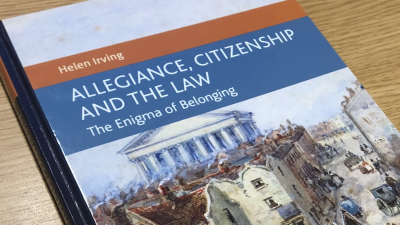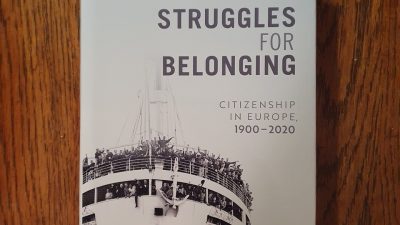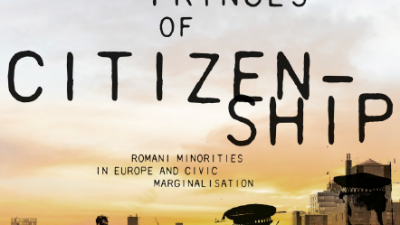
No redress without ‘good character’: Windrush and citizenship at the Court of Appeal
In this blog post, Timothy Jacob-Owens and Jo Shaw reflect on the implications of a recent decision of the Court of Appeal to the effect that no special provision needs to be made for members of the UK’s Windrush generation in relation to the ‘good character’ requirement for naturalisation.






